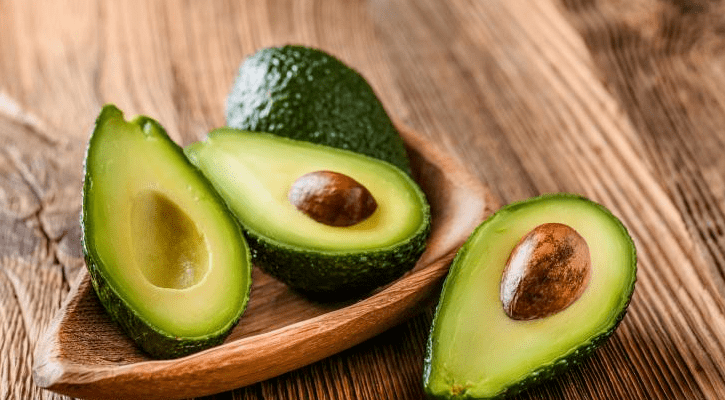To produce an environmentally friendly alternative to plastic food packaging and containers, a Rutgers University scientist has developed a biodegradable plant-based coating that can be sprayed on food products to prevent pathogenic and spoilage microorganisms as well as shipping damage.
Scalable processes may reduce the negative environmental impact of plastic food packaging and protect human health.
Philip Democritus, director of the Center for Nanoscience and Advanced Materials Research, and professor of nanoscience and environmental bioengineering at the Henry Rutgers School of Public Health and the Institute of Environmental and Occupational Health Sciences. "We simultaneously asked ourselves, 'Can we design packaging with features that extend shelf life and reduce food waste, while improving food safety?'"

Demokritou added: "What we propose is a scalable technology that allows us to transform biopolymers (which can be extracted from food waste as part of a circular economy) into smart fibers that can be wrapped directly around food. This is part of a new generation of "smart" and "green" food packaging".
The research was conducted in collaboration with scientists from Harvard University and funded by the Harvard-Nanyang Technological University/Singapore Sustainable Nanotechnology Initiative.
Their article, published in the scientific journal Nature Food, describes novel packaging techniques using polysaccharide/biopolymer-based fibers. Like the web cast by the Marvel Comics character Spider-Man, the sticky material can be spun out of a hair dryer-like heating device and "shrunk" onto foods of all shapes and sizes, such as avocados or beef brisket steaks.
The resulting material used to wrap the food is strong enough to protect against bruising and contains antimicrobial agents to combat spoilage and disease-causing microorganisms, such as E. coli and Listeria monocytogenes.
The research paper describes a technique called focused rotational jet spinning, a process for producing biopolymers, and a quantitative assessment showing that the coating extends the shelf life of avocados by 50%. According to this study, the coating can be rinsed off with water and degrade in the soil within three days.
The new packaging is designed to address a serious environmental problem: the proliferation of petroleum-based plastic products in the waste stream. demokritou says efforts to curb plastic use, such as legislation in states like new Jersey to eliminate the practice of distributing plastic shopping bags at grocery stores, will help. But they want to do more.
I'm not against plastics, I'm against the petroleum-based plastics we've been throwing out there because only a fraction of them can be recycled," Demokritou said. Over the past 50 to 60 years, in the age of plastic, we have put 6 billion tons of plastic waste into our environment. They're slowly degrading there. These tiny pieces are getting into the water we drink, the food we eat and the air we breathe."
A growing body of evidence from Demokritou's research team and others points to potential health effects.
This paper describes how the new fibers that wrap the food combine with naturally occurring antibacterial ingredients - thyme oil, citric acid and lactic acid streptococcin. Researchers from Demokritou's research team can program this smart material to act as a sensor, activating and destroying bacterial strains to ensure that food arrives uncontaminated. Demokritou said this will address growing concerns about foodborne illness and reduce the incidence of food spoilage.

